|
And for my final song before I leave England before returning to Australia's settler colonialism? Why, something more upbeat: Maggie Holland’s anthem sung by June Tabor: inspired by Christopher Hill’s ’The World Turned Upside Down’, Leon Rosselson’s song, Naomi Michelson’s ‘Sea Green Ribbons’, William Cobbett and other (modern day) English radicals, Jean Giorno’s ‘The Man That Planted Trees’, and the canny Scot Dick Gaughan (‘The first place to be colonised in the British Empire was England’) - about what might be, and what some (in little and subversive ways) still make happen. It also resonates with my recent journey (albeit on a duller December morning) and, of course, my heart…
0 Comments
I’ve always so loved this song (see below) - though it always makes me cry - and it, above all, with some others, has accompanied me in the last few weeks. The tender, lyrical and even elegiac, tone fits my mood as I prepare to leave England, maybe never to return, or certainly never with so many of the deep intimate connections of parents, home,and particular place which have so shaped me. Laura Marling wrote this at 18 and says she always feels about 8 years old when she sings it - I know the feeling just in listening . It’s about childhood memories (one in particular) and the ones who created them and about the particularity of place in this extraordinary land which I, like Laura, love so very very much, and from all of which separation is so very poignant. There hasn’t been any literal snow on my winter’s journey but enough in other ways - yet the warmth of love persists, like a beautiful garment in the cold… “You were so smart then In your jacket and coat. My softest red scarf was warming your throat. Winter was on us, At the end of my nose, But I never love England more than when covered in snow.” It was a deeply poignant yet beautiful Midnight Mass tonight in St Thomas' Church in Market Rasen. I had indeed had a yearning for one more such communion in the cold and dark and the depths of the symbolism and mystery it reflects - but not for years to come and not like this. The nave altar stood precisely where my parents’ coffins had been just two days before, the mood and singing was subdued by masks and the pandemic, numbers reduced and the liturgy unexuberant. Yet the magic, the miracle, persists - light in the very darkness, glory in the mire and sorrow, enfleshed spirit in our mixed up midst - and eucharistic participation on this, of all occasions, remains so truly special.
It was hard to move away into the night, for the last time to leave the church of my childhood and early formation, to step along the pathway into the marketplace one more time. The main street seemed even more deserted than ever as I made my return - even the wandering drunk had been spirited away. Walking the last part in silent darkness between the two cemeteries for the final time brought back the fullness of so many memories as well as profound emptiness and grief. For in the depths of our factual and metaphorical winters love can be reborn - just as a new dawn broke after the winter solstice on the morning of my parents’ funeral. T.S.Eliot was partly right. ‘A cold coming’ it has indeed been - ‘just the worst time of year for a journey… the very dead of winter’, even without the Omicron wave and renewed distance and desolation - but we do not need to be ‘glad of another death.’ Birth, life and love happens always - divinity in the vulnerability of our flesh: Incarnation in our dark. Now this is my kind of Anglican Church - they did say they were ‘inclusive’ on the board but they hardly need to do so with all that gorgeous colour and creativity! Lol These are glimpses of the Festival of Angels in St Wulfram’s Grantham - none of your obvious over-frail tiny frilly fluffy angels either, but each with their own symbolism, including the one with flaming sword, the very posy one with the long wings, and the imposing tall white fluffy one at the door.
Now there’s an idea for some of us to develop in other contexts in other years? Lovely to light a candle from among my mother’s treasures today - the word summing up how I’ve always seen the heart of her being and the life she share with my father, for whom love and just dealings were always gifts of his soul: love and laugher together. I wrote a reflection for the funeral at St Thomas' Market Rasen (see here) and was grateful to be given the strength to deliver it.
It was lovely to meet up with one of my terrific old history teachers today - and also to talk with my godmother once more tonight - always a delight, even if in years past she didn't quite provide a dress for the ball, with coach and attendants! Among other things - principally wonderful anecdotes from decades of love and laughter she and her husband shared in deep friendship my parents - about my first fabled trip to Ireland as a baby: which included how they lost sight of me in a Dublin street at one point, only to find me surrounded by a whole bunch of nuns cooing over my pram and each giving me their blessing - now that could explain a lot ;-)
More splendid creativity at Pitt Street from our worship team 😻 And - sad though I am not to share a first Pitt Street Christmas - I’m so delighted that my brilliant wife (Penny Jones) could preside yesterday. That is the first time for her with our community in Pitt Street - and maybe the first time a female cisgender Anglican priest has presided, with full church authority, in a mainstream Christian denomination in the centre of Sydney. ❤️ I think Maude Royden, the founder of the movement for the ordination of women, will have rejoiced in heaven - especially as Pitt Street gave her a pulpit on her famous visit to Australia years ago (see earlier post here). Hoping one day our good friends in some of the local Anglican and Catholic Churches will share the same blessing - for God’s sake, it was a woman who actually gave birth at Christmas!! It is just lovely to have a female vicar here in Market Rasen at this time and to think of female priests elsewhere in Australia presiding this year (some for the first time - including some of my former students I dearly love and admire). #shininglightinSydney #thankGodfortheUnitingChurch #livingAnglicanism #peacetoall Another beautiful English winter’s morning along the old woodland paths. Sometimes it feels as if the land itself breathes through me as much, or more, than I breathe in its own character, textures and sensations at this special time of year. In grief as in other things, 'the land knows you even when you are lost'. #mulchforthesoul #earthtoearth #forestbathing #lincolnshirelandscapes
Poignant rediscoveries at this time - including with my mother’s recent soft toy collection - as my siblings and I began tidying up the family home after our parents’ last days last week. I’m told the rainbow lion was one particular favourite in her long bed-bound years, and I like to think she gave a kindly thought towards the rainbow child in the family when she held it.
It is moving too to see my parents’ prayer book shelf, with communion box and accoutrements - a great treasure. For, until very recently, one of the ways they kept love and life alive and renewed was to keep a regular morning and/or evening prayer (in one of a number of forms) and to share a simple eucharist together, often with one or more visitors - a particularly intimate and tender affair. Together with carers’ visits a number of times a day, and meals scheduled around them, it helped form an almost monastic pattern of life keeping them going together in straitened circumstances - love, faith and grace in the deepest winter as well as the greater joys and glories of their lives. How do you relate to your landscape? At so many turns of my native roads, I’m reminded of the spirits of forebears who trod, tilled, prayed, and sought life and the sacred in these otherwise ‘ordinary’ features of the land. Today this, for example, is ‘just’ a farm. Yet for centuries a double monastery (i.e of women and men) stood here at the foot of the Lincolnshire Wolds during the Middle Ages (from c.1150 to 1538) - one of a number of houses of the Gilbertines (the only completely English monastic order - founded by a Lincolnshire man). Gwaldys, daughter of the last native Prince of Wales, spent her final years here and its priests served our local communities until the Reformation. Subsequently all such land became secularised, with the greatest shift of power and wealth since the Conquest and the coming of the Norman ‘Yoke’, followed by the further deprivations of common land with the enclosures and the ravages of modern industrial agriculture. Of course we can’t simply return, even if we wished, to a sacred medieval understanding of land and creation, but perhaps such remembrances in the land reminds us that there are still alternatives open to us today
#lincolnshirelandscapes #sacredland |
AuthorJo Inkpin is an Anglican priest serving as Minister of Pitt St Uniting Church in Sydney, a trans woman, theologian & justice activist. These are some of my reflections on life, spirit, and the search for peace, justice & sustainable creation. Archives
July 2024
Categories
All
|
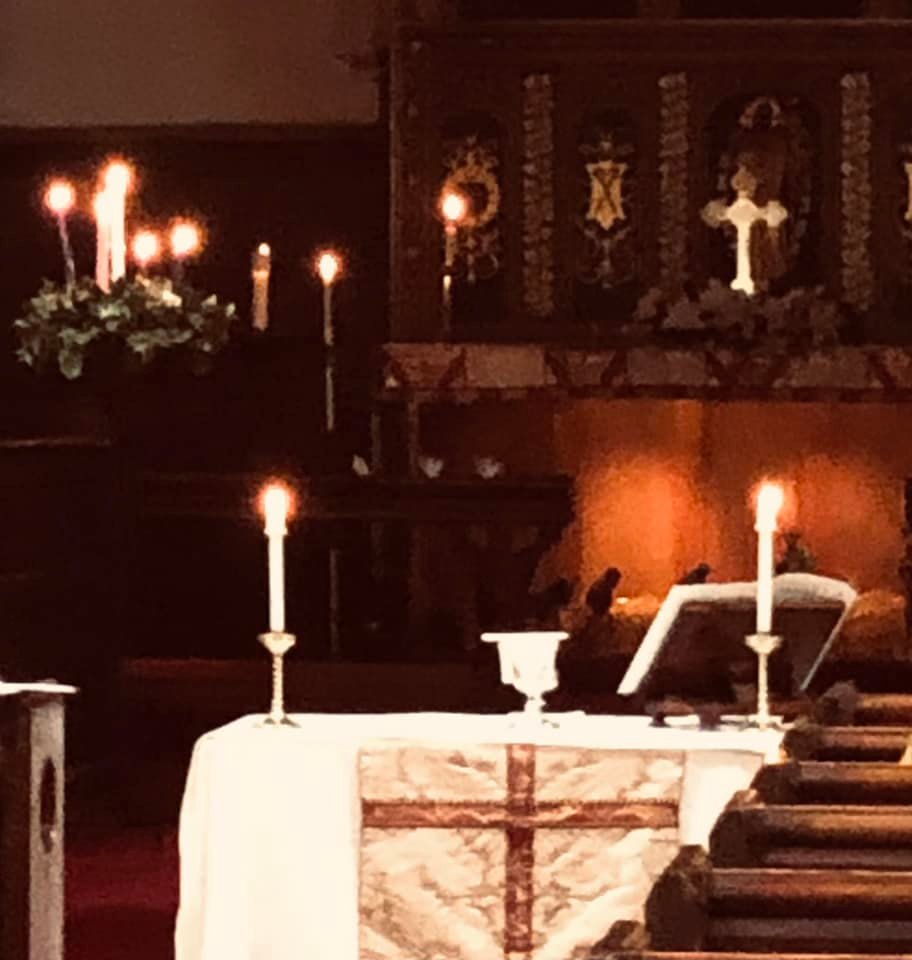
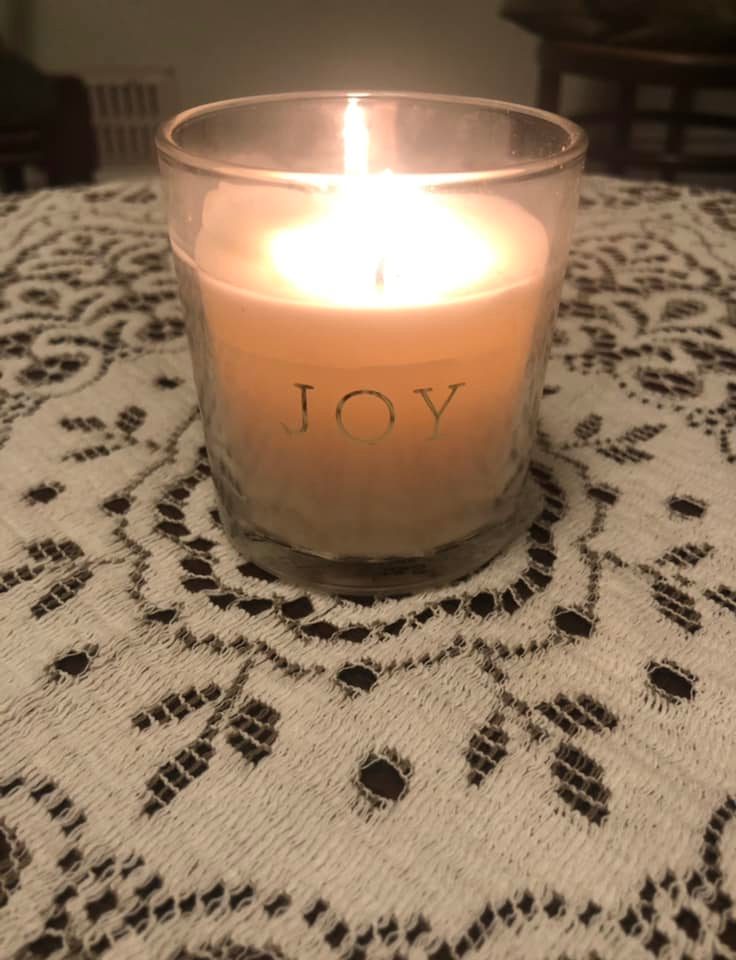
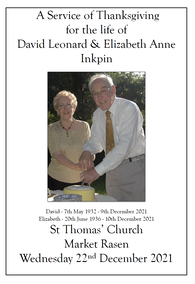

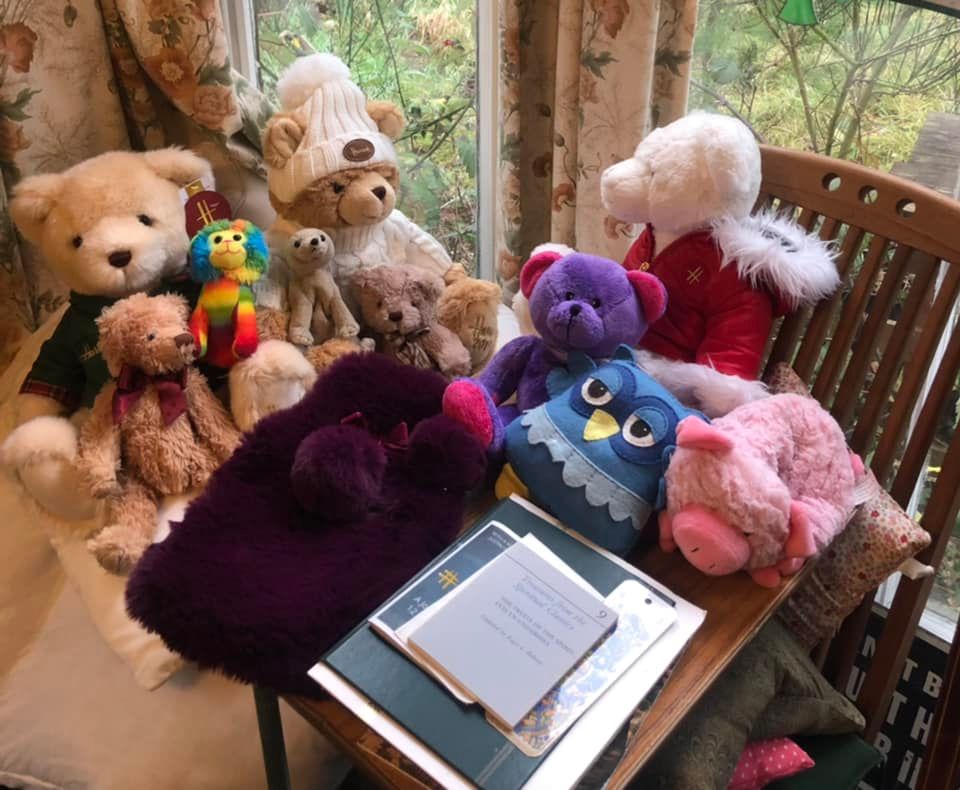
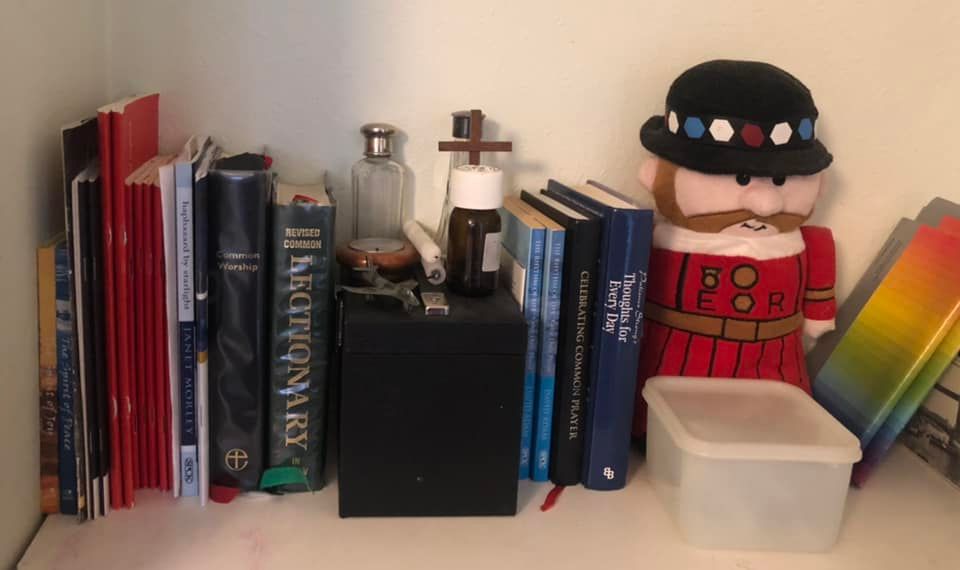
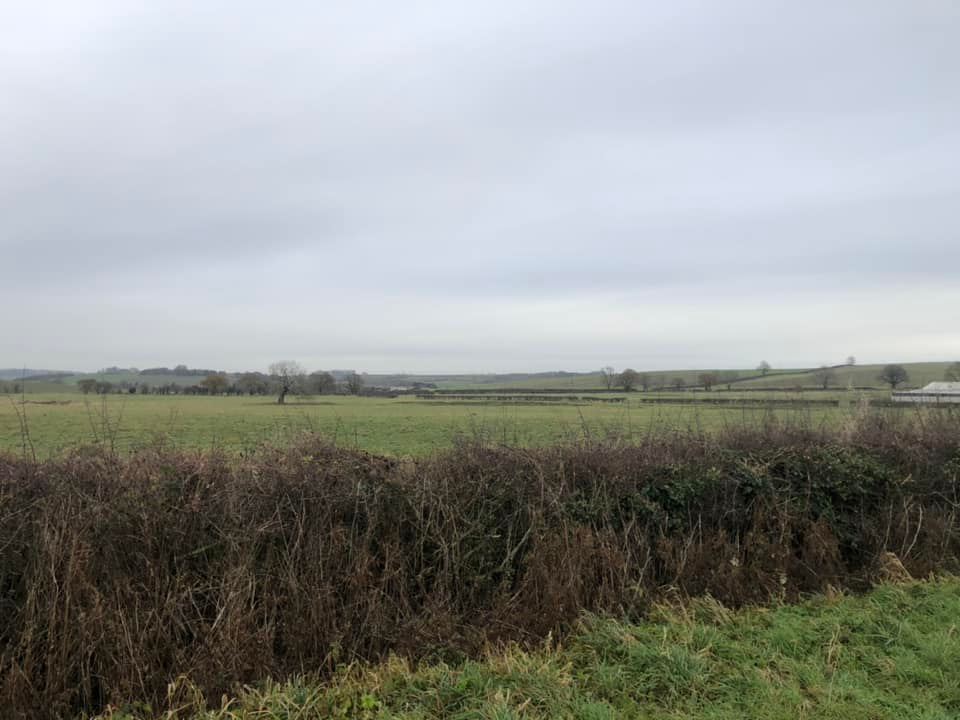
 RSS Feed
RSS Feed